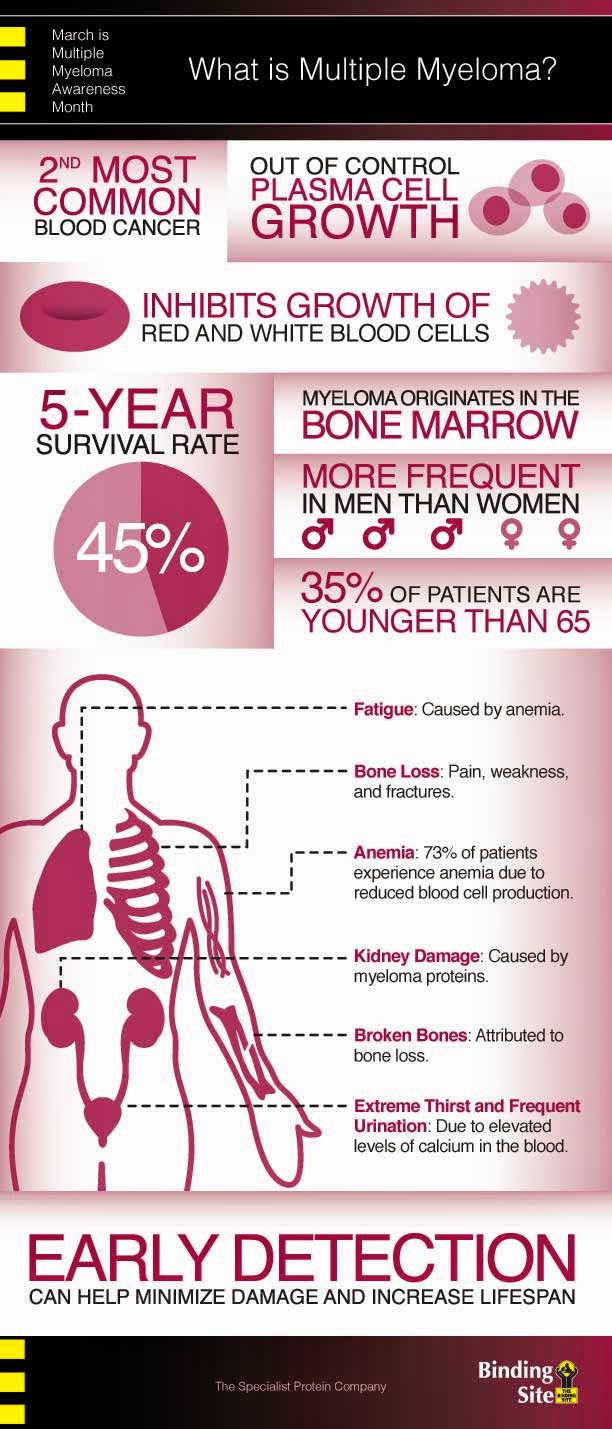Today begins cycle #5 hundred, thousand, million something of Revlimid and Dexamethasone. Each month now I am pairing more Rev 15mg with less Rev 10mg to hopefully get to full dose 15mg without side-effects worse then I have now...
But having said that, I've really realized that my functionality in life now is totally controlled by my GI system! "Normal" people can go (lol, no pun intended) about their daily routines, without worrying much about when, where, what, how, what if, of their GI functions. Me... ugh, my whole life now is controlled by thinking I might be ok, scheduling things, then last minute cancelling because I wind up being owned by my lower GI's angry explosions! (Sorry). And coming off my one week chemo break, I'm realizing it's not always the meds causing my issues... it's the cancer itself creating havoc in my system.
Geezzz, back in the day, without a thought of "it", I would be away from bathroom totally. Backwood bushes never scared me :) I used to be a remote-area backpacker, horseback rider, hiker, skier, biker, walker, beach/lake sporter... not to mention, all my career functions, family events, socializing, etc. Back when my GI system was "normal", anything, anywhere, at any time was possible! Now, here I am, posting this post on a beautiful blue-sky day, inside my house with that stomach yuck, and angry GI, writing between visits to my bathroom. Ok, enough of this.. you're probably all sick of hearing my poo rants, and I'm going to go drink a bottle of Imodium lol !
Here's my recent numbers:
WBC's = 2.5 (so low- why I feel so yucky and fatigued), 4 - 11 = normal range
Platelets = 118 (low), normal range= 130 - 400
M-Protein = 1.20 (yippee! .05 lower than last month), normal = zero
IgA= 1250 = (yippee! 200 points lower than last month), 70 - 400 = normal range
Beta-2 Microglobulin = 2.1 , normal range= .8 - 2.2
ANC = 1.6 (low), normal range= 1.8 - 7.7
Many more stats, but those are the ones I watch the most.
So a bit of good news, thanks to Rev 15mg. My numbers are roller-coaster style, but that's ok. As long as there's not a steady month after month climb, I'll take this- awful side effects and all. My IgA is still triple the high end of normal, but I AM NOT wanting to be more aggressive with chemo treatments, as I would then have ZERO quality of life!
So I do what little I can do, when I can do the little I do. I plan, I cancel, I plan, I attend... then rush home to my bathroom! Such is my life now. But, I have a life and I'm here 5 years after diagnosis! I help a few students each week, and help rescue animals when I can. Since I'm home so much now, and travel is currently out of the question for me, I convinced Jim to let us save another life, needing a home :)
Live happy, live well, and make a difference somewhere, somehow, with someone or something as often as you can!






Ah Julie, in spite of all the terrible side effects, which I know are awful and debilitating, I am so happy to hear your M Protein reading has come down. I hope you carry on improving like this.
ReplyDeleteAlways in my thoughts
xx
Hi Viv, thanks for checking in during your incredibly challenging and hectic life! I am so happy to read that Jimmy is home now, and able to recover from his SCT at home. Hoping all is calming down for you and your family! xoxo
DeleteJulie, Hopefully March will be much better...I am also happy to hear your M Protein levels have come down....All of my family have joined me praying for those awful side effects. You have such a precious way of touching those people in your path ...even when you are having bumps in your path.....Julie, you are an amazing friend and are loved by so many..."Live happy, live well, and make a difference somewhere, somehow, with someone or something as often as you can "! The words of a Truly Loving Angel !!!!!!!!! I am blessed you touched my life.......... Evelyn
ReplyDeleteThank you Evelyn for being such a dear and supportive friend. When I can get my GI system to calm down, we'll do our long planned lunch date! xoxo
DeleteHope you are enjoying your new kitty...such a big heart! I sure hope you can find relief from all the GI issues, and consequently regain some freedom to travel. Glad the M-spike is down! Stay in touch with us~
ReplyDeleteThanks for always checking in Linda. Hoping EZ is doing great and you and your beautiful family are having wonderful adventures together! Update your blog occasionally!!! :) xoxo
Delete